Search
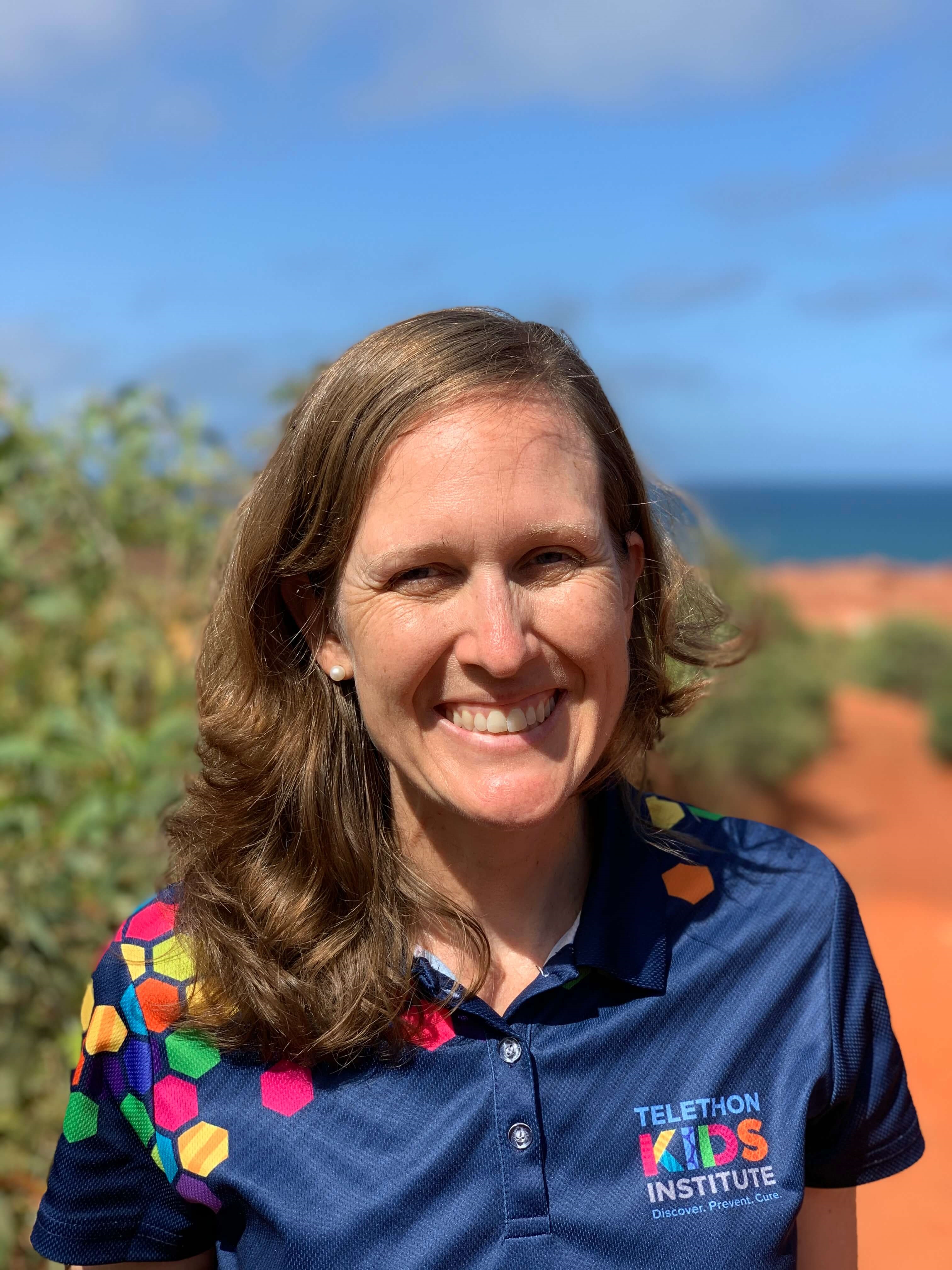
News & Events
The Kids Research Institute Australia researcher wins Eureka Prize for Emerging Leader in SciencePaediatric infectious disease expert and clinician-scientist Associate Professor Asha Bowen has been named as the Emerging Leader in Science at the country’s most prestigious science awards – the Australian Museum Eureka Prizes.
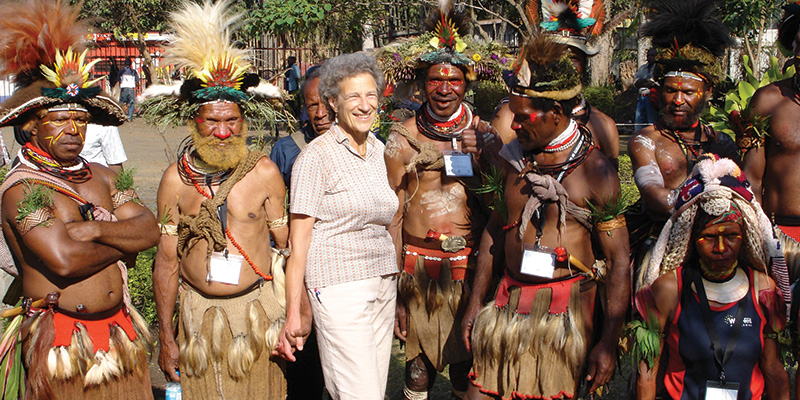
News & Events
‘Mama’ deb’s dedication to saving children in Papua New GuineaChildren living in Papua New Guinea have good reason to call Clinical Associate Professor Deborah Lehmann ‘Mama Deb’.
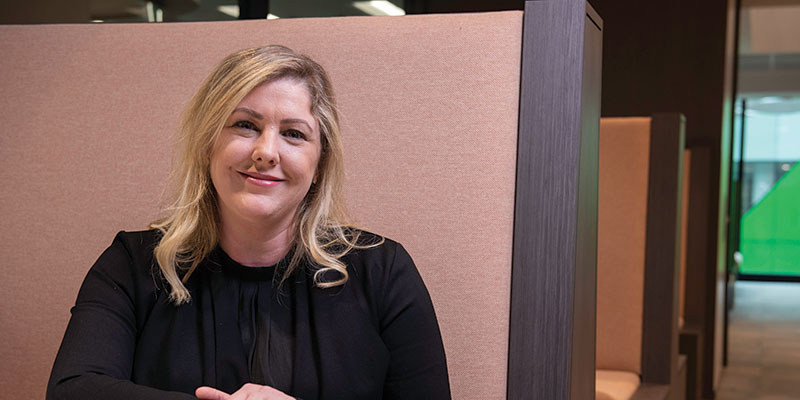
News & Events
Atlas maps a pathway to happy, healthy childhoodThe Child Development Atlas is proving popular even before its official launch - bringing together government services.
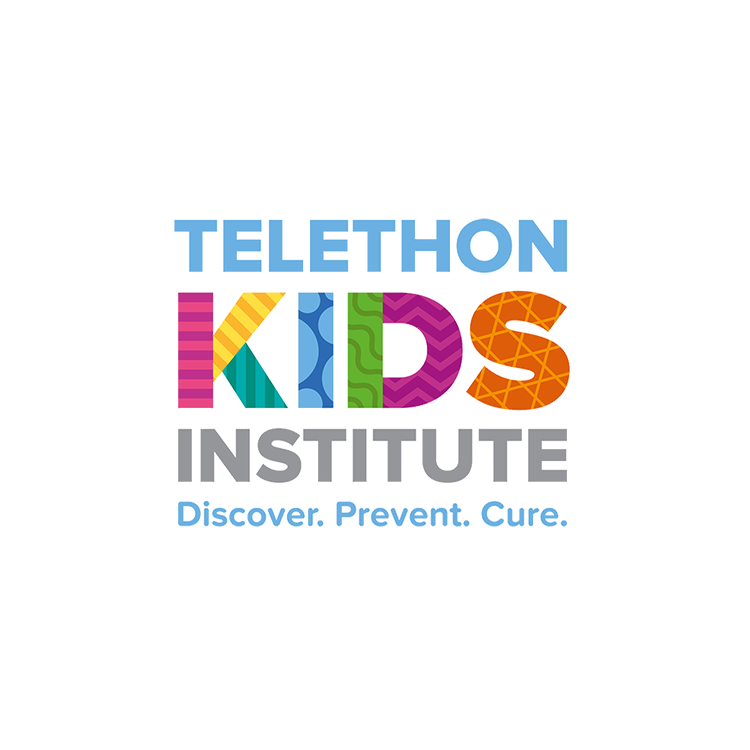
News & Events
The Kids Email Alert (January 2018)You may have received an email claiming to be from The Kids Research Institute Australia with an outstanding invoice attached. Do not open this attachment.
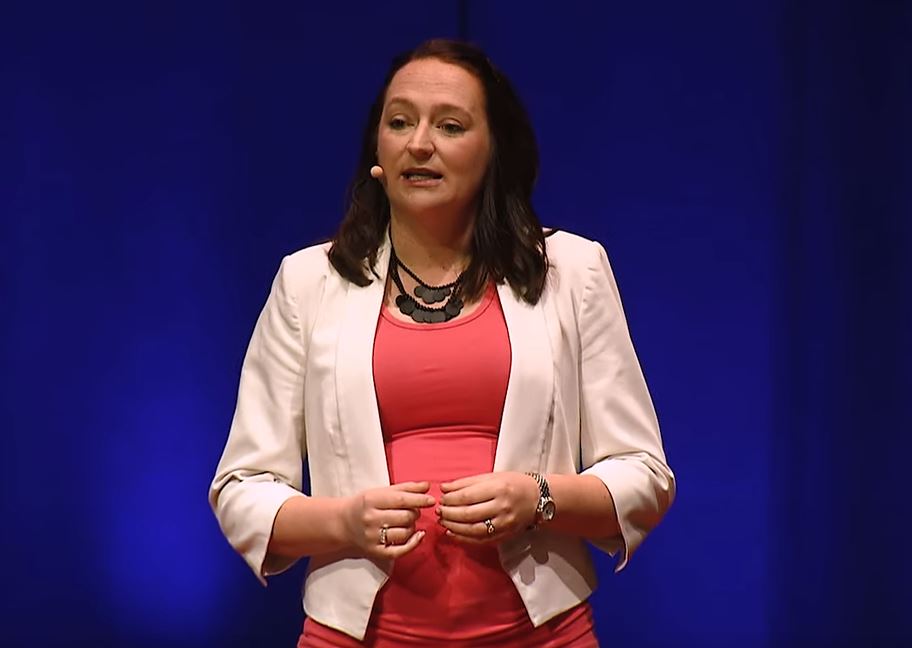
News & Events
Sharing the power of data at TEDx PerthDr Hannah Moore was one of WA’s brightest minds chosen to speak at TEDX Perth in November last year, presenting her insights into the power of data in fighting infectious diseases to a sold-out crowd at the Perth Concert Hall.
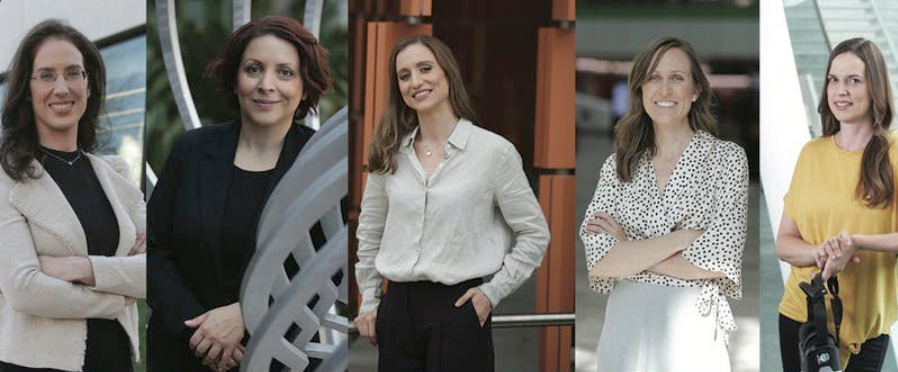
News & Events
Perth hosts forum to inspire the next generation of female researchersHundreds of budding female scientists from secondary schools across Western Australia will be given a glimpse into their future careers as part of the first Girls in Science Forum to be held in Perth this week.
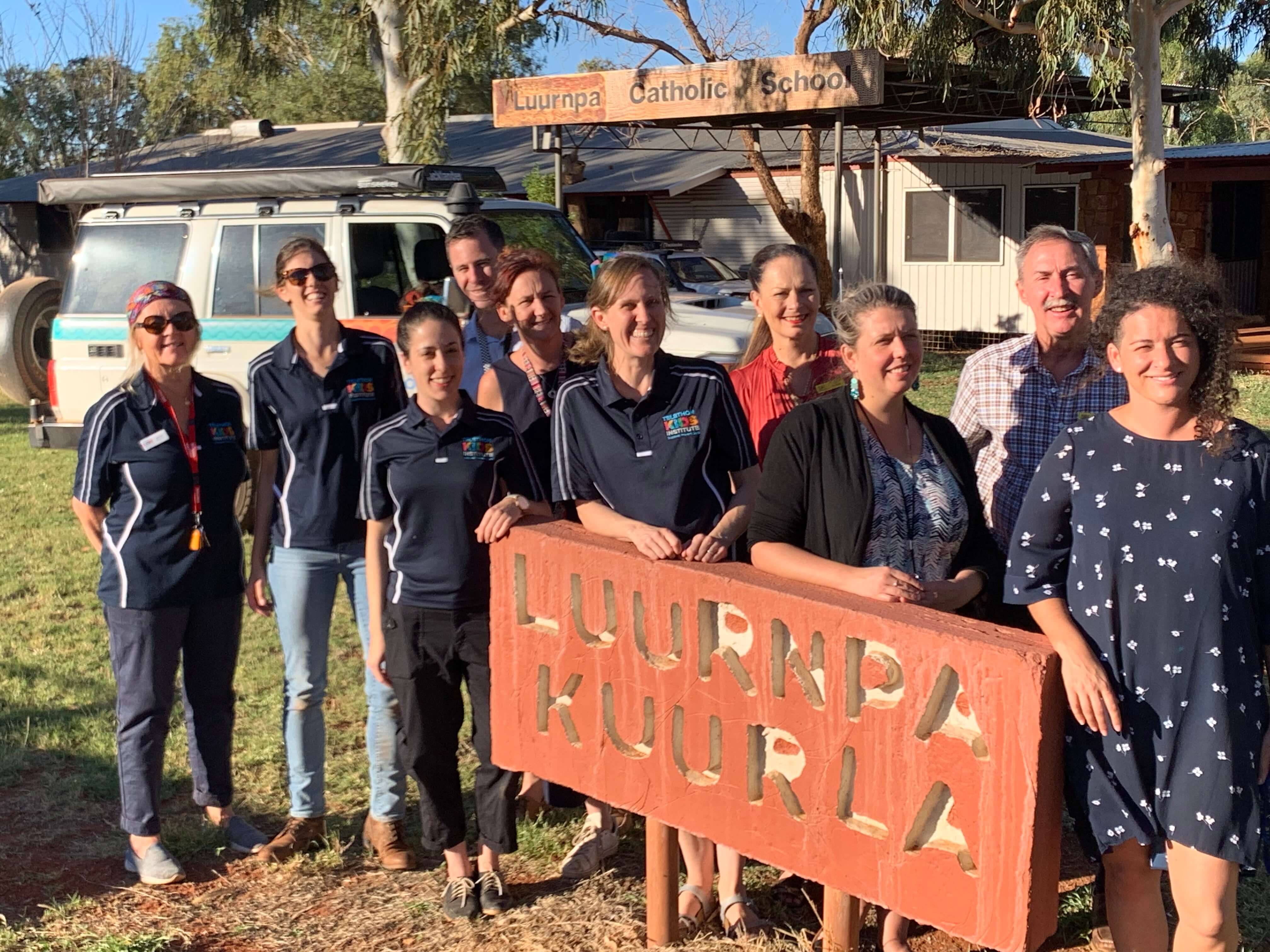
News & Events
First week of school visits mark official launch of the SToP TrialThe The Kids Skin Health team has a busy six weeks ahead - visiting nine communities throughout the Kimberley region of WA as part of the first school surveillance activities for the SToP Trial.
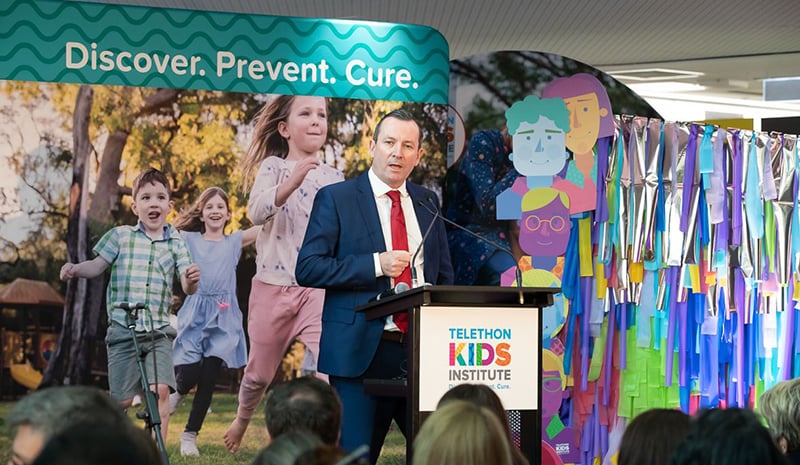
News & Events
Discovery Centre makes science funBudding young scientists can now gain an insight into the world of research thanks to The Kids Research Institute Australia’s newly opened Discovery Centre.
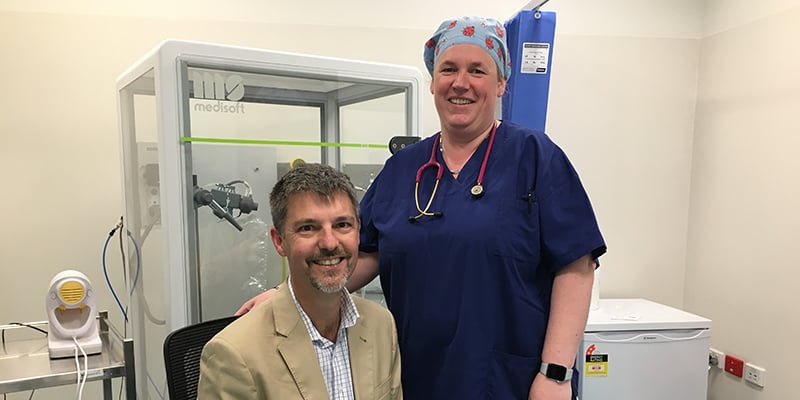
News & Events
Asthma medication reduces respiratory complications during tonsil surgeryA Perth study has shown that over-the-counter asthma medication before surgery can reduce respiratory complications during and after tonsillectomy surgery.
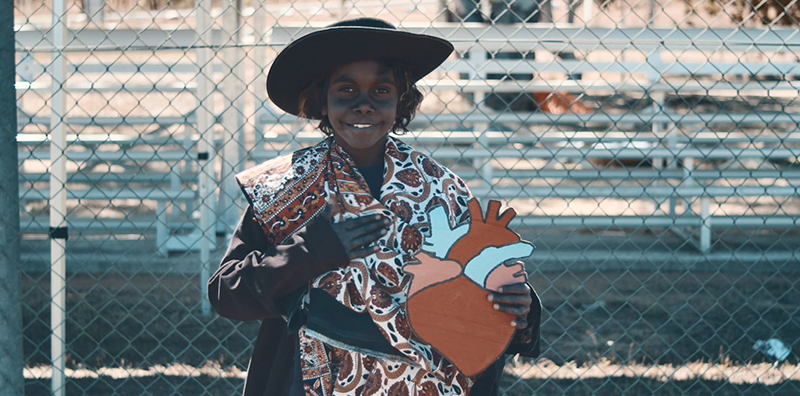
News & Events
For kids, by kids: New “Boom Boom” song teaches children how to prevent deadly heart diseaseOnce you hear it, you won’t be able to get it out of your head – and that’s exactly the point of the new song ‘Boom Boom’.
